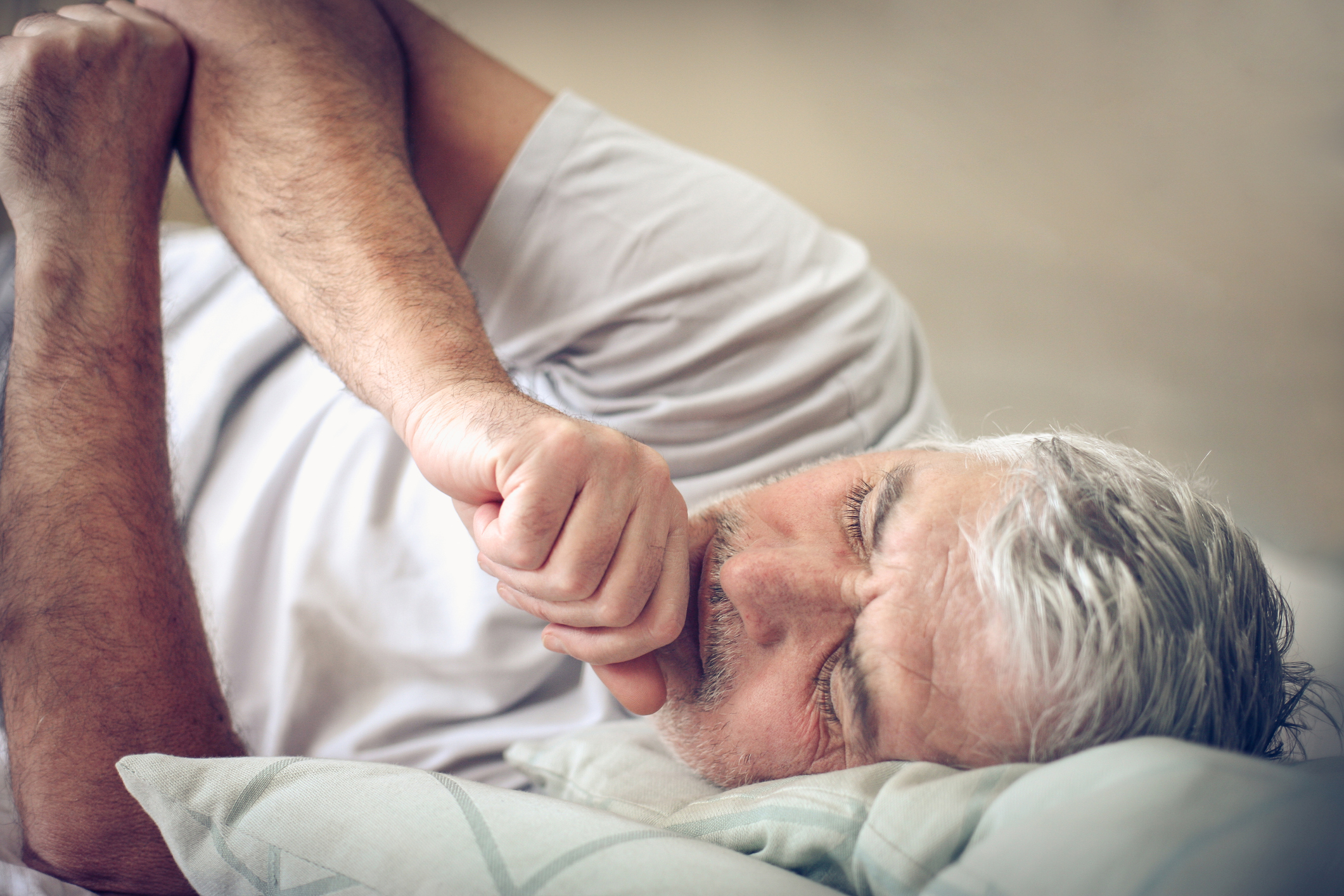
Thanks to the COVID-19 pandemic, many of us have become well-versed in how partaking in healthy habits prevents viruses and other infectious diseases. The health measures we’ve learned over the past two years in regard to good respiratory hygiene are beneficial for preventing, not just COVID-19, but other illnesses such as colds, flu, and even pneumonia.
Thankfully, widespread adoption of COVID-19 mitigation measures has lowered overall flu and pneumonia activity, but flu and pneumonia are still around and can be life-threatening.
To put respiratory illnesses in perspective, the flu is generally more serious than the common cold, but pneumonia can be more serious than both and can turn dangerous very quickly.
While colds cause inflammation of the upper respiratory tract, pneumonia is a viral or bacterial infection in the lower respiratory tract that inflames the air sacs in one or both of the lungs. It can cause cough, fever, chills, and difficulty breathing and can be especially dangerous for older individuals or those with underlying respiratory issues like COVID-19, chronic obstructive pulmonary disease (COPD), or asthma.
Pneumonia Symptoms
Symptoms can vary from person to person, but the most common pneumonia symptoms include:
- Sore throat
- Chest pain
- Severe cough (dry or phlegm producing)
- Difficulty breathing
- Fever and chills
- Fluid in the lungs
- Headache, muscle aches, or generalized weakness
Often pneumonia is caused by bacterial infections, and therefore the most effective treatments for pneumonia are antibiotic regimens. Antibiotics are usually highly effective and can clear up symptoms in a matter of days.
Based on severity of the infection and your underlying health, your doctor will determine the best course of treatment. For mild symptoms, oral antibiotics are adequate to cure the infection. If symptoms are more significant, such as severe shortness of breath or low oxygen levels, you may be admitted for intravenous antibiotics. Sometimes individuals are sent to the hospital if they have worsening of an underlying medical condition due to the pneumonia.
Immunity defense begins with some basic measures. As with prevention of COVID-19, the common cold, and flu, washing your hands, sneezing into your shoulder or elbow, and wearing a mask when out in public are the most effective ways of preventing and spreading pneumonia.
- Wash your hands with warm, soapy water
- Don't share utensils, drinking cups, and food
- Use hand sanitizer
- Stay away from those who are ill or wear a mask
- Don't sneeze into your hand; instead, bring your shoulder or elbow up to your face and sneeze there to mitigate spread.
“Many aspects of pneumonia, along with other respiratory tract infections, can be prevented with simple measures,” says Stephen Biggiani, MD, a Summit Health internist.
While many pneumonia symptoms may not be severe enough to warrant a doctor visit, it's still essential to ensure you're taking care of your breathing. It's also important to do all you can to avoid spreading the infection.
At Summit Health, respiratory experts in the pulmonary department are committed to providing comprehensive health care for those with any lung conditions, including pneumonia.
